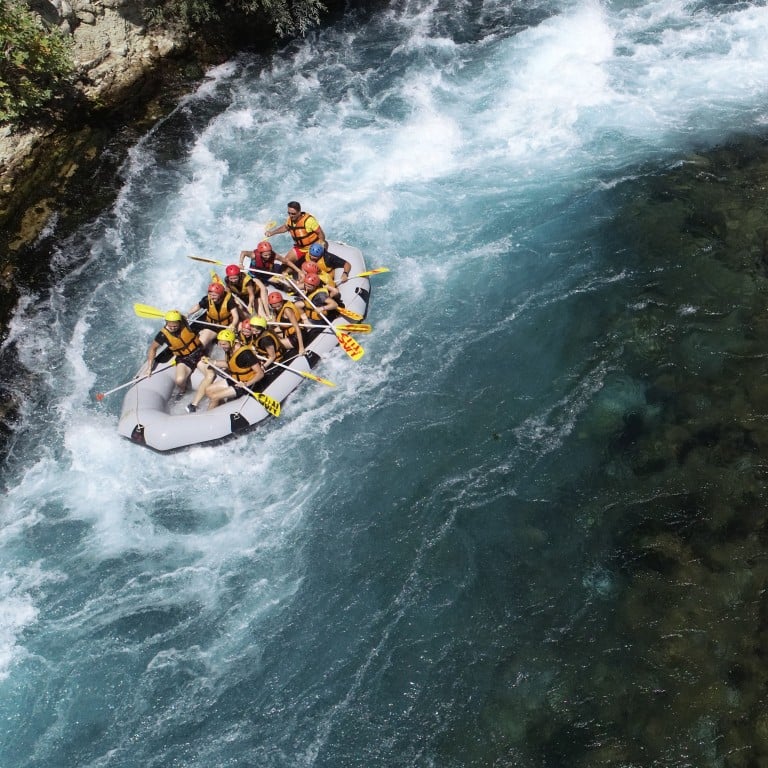
Adventure therapy: how nature is good for mental health and a challenge can help us see ourselves in a new light
- Adventure therapy is a health discipline that uses nature to help people cope with and overcome various disorders
- A psychologist says taking yourself out of your routine and into nature resets your brain and raises dopamine levels
Adventure isn’t just good for the soul – it can have a hugely positive impact on your mental health, too.
The benefits of a grand adventure that gets you into the great outdoors are being recognised across the globe.
“Anything that raises dopamine levels that isn’t through substances – for example, human connection or the excitement that comes with bungee jumping – can shock our system and give [us] a sense of perspective,” says Carder.
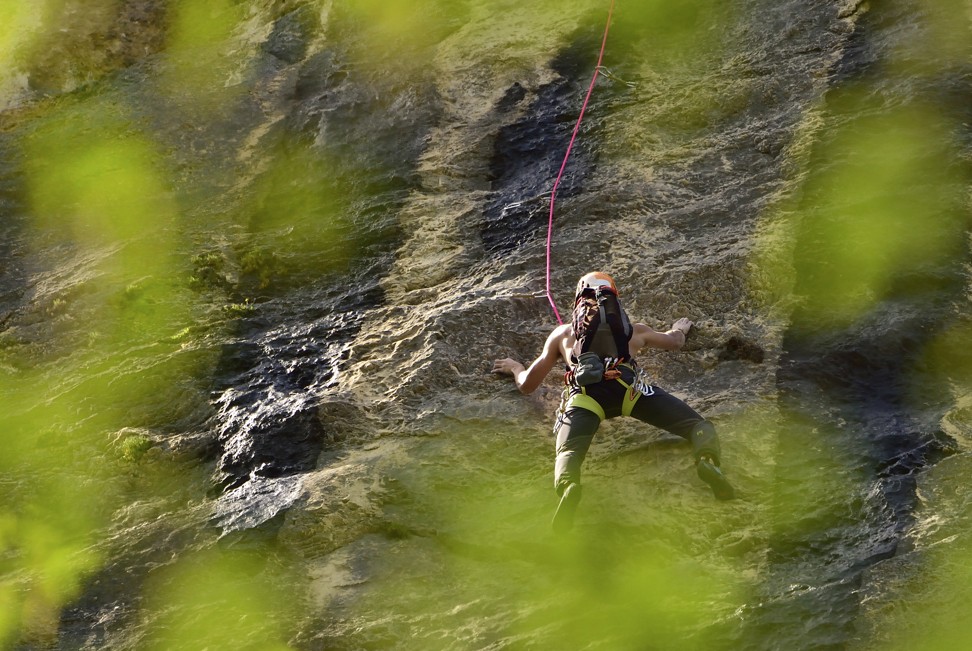
Our behaviour and thoughts are intricately connected, and when our life becomes monotonous, our thinking does, too.
If a client is at a “stuck point” in his or her life, Carder will ask when they last had a break from their routine. Going on an adventure will often lead to them having different thought patterns – it can even be as simple as taking a different route home from work, she says.
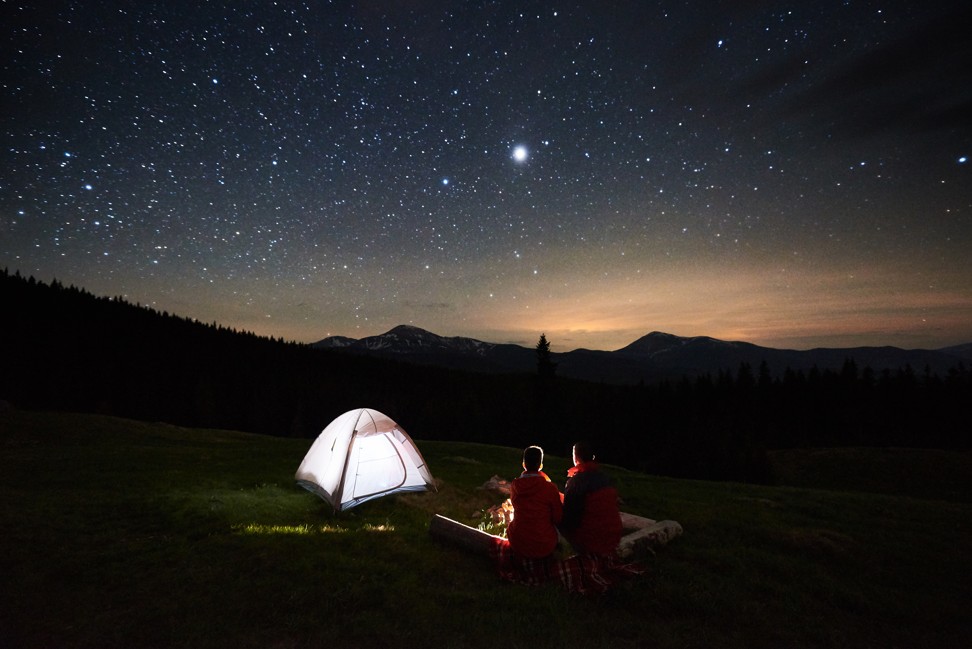
Adventure Mind, a conference in London on February 27 and 28 focusing on promoting positive mental health through adventurous activity, will draw outdoor professionals, researchers, policymakers and adventurers. The organisers believe that adventurous activity can play a role in alleviating Britain’s mental health crisis.
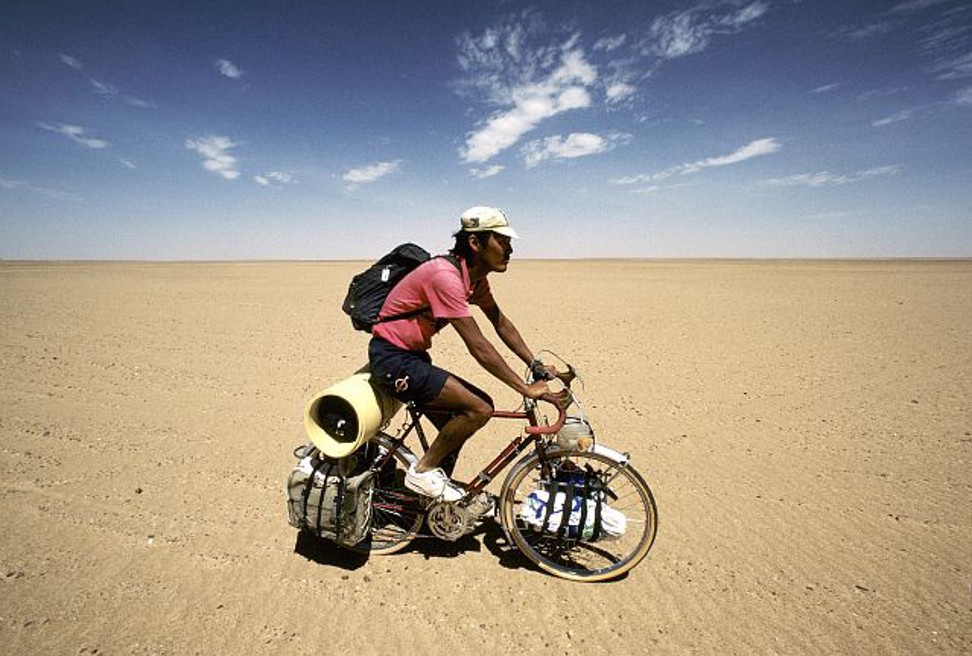
“The key thing of being on an adventure is that you do it in nature, generally described as wilderness. Nothing there is designed, in stark contrast to the environment in which we normally we live. It puts your ego in check,” says Oschetti, 48.
Travelling in remote, wilderness areas, says Oschetti, gives you a healthy perspective on your life and needs. “Watching a night sky in the desert of Namibia or looking at the rocks in an uninhabited part of the Himalayas – rocks that have been there a million years and will be there another million – gives you a sense of non-attachment. Your worries are nothing compared to the experience of nature,” he says.
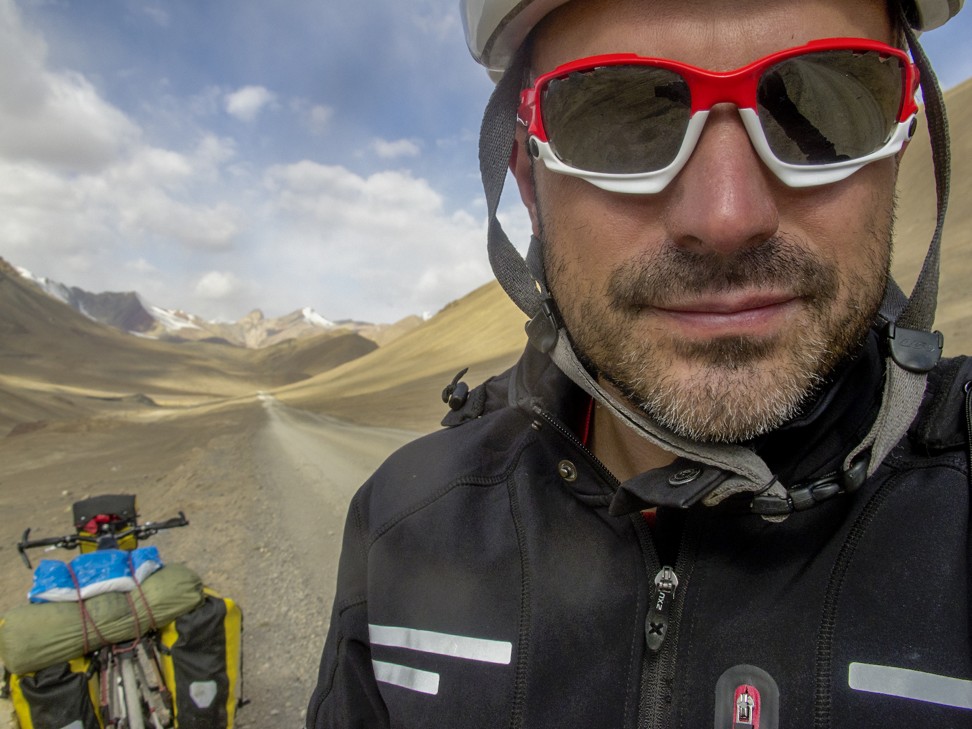
“The problems that felt very big are now small, because in going into nature you are slowing things down [and] there has been a shift of the canvas – whereas city life and technology speed things up, [as] they are about immediate rewards,” says Carder.
‘Walking wounded are still at their desks’: city’s mental health care fail
Psychotherapist Tim Hoffman, who has a private practice in Central, says doing something adventurous can have obvious benefits for our mood.
“Excitement and novelty – as long as they’re not too frightening or overwhelming – make almost everyone perk up for a while. And there’s often a longer-term positive effect, too,” says Hoffman.
An adventure can enable us to see ourselves in a new light, helping us change the story of our lives and write a narrative we can be proud of, he says.
“Pushing ourselves to do things that are physically or emotionally challenging can enable us to see ourselves as brave, persistent, tough and determined. And seeing ourselves as having these admirable qualities can give us a mood boost that lasts our entire life.”

These days, Oschetti doesn’t go in for adventures that take many months and cover thousands of miles. Instead, he enjoys what he calls “micro adventures” with friends, hiking off-trail and sleeping outside. He sees an adventure as something that gets you out of your comfort zone. It’s one of the few times when the body takes the lead rather than the mind.
“Wellness is a lot about the state of your mind. An adventure is a complete absorption in what you are doing, you are in the zone, you are meditating, the mind is not running away,” he says.
Carder encourages people to take advantage of the easy access that we have to nature in Hong Kong and the numerous opportunities for adventure this affords, whether that’s hiking in the country park or going to the beach for a swim after work.
“You don’t have to wait until something bad happens, or you get very stressed, to have an adventure in nature. Think of prevention before cure.”

